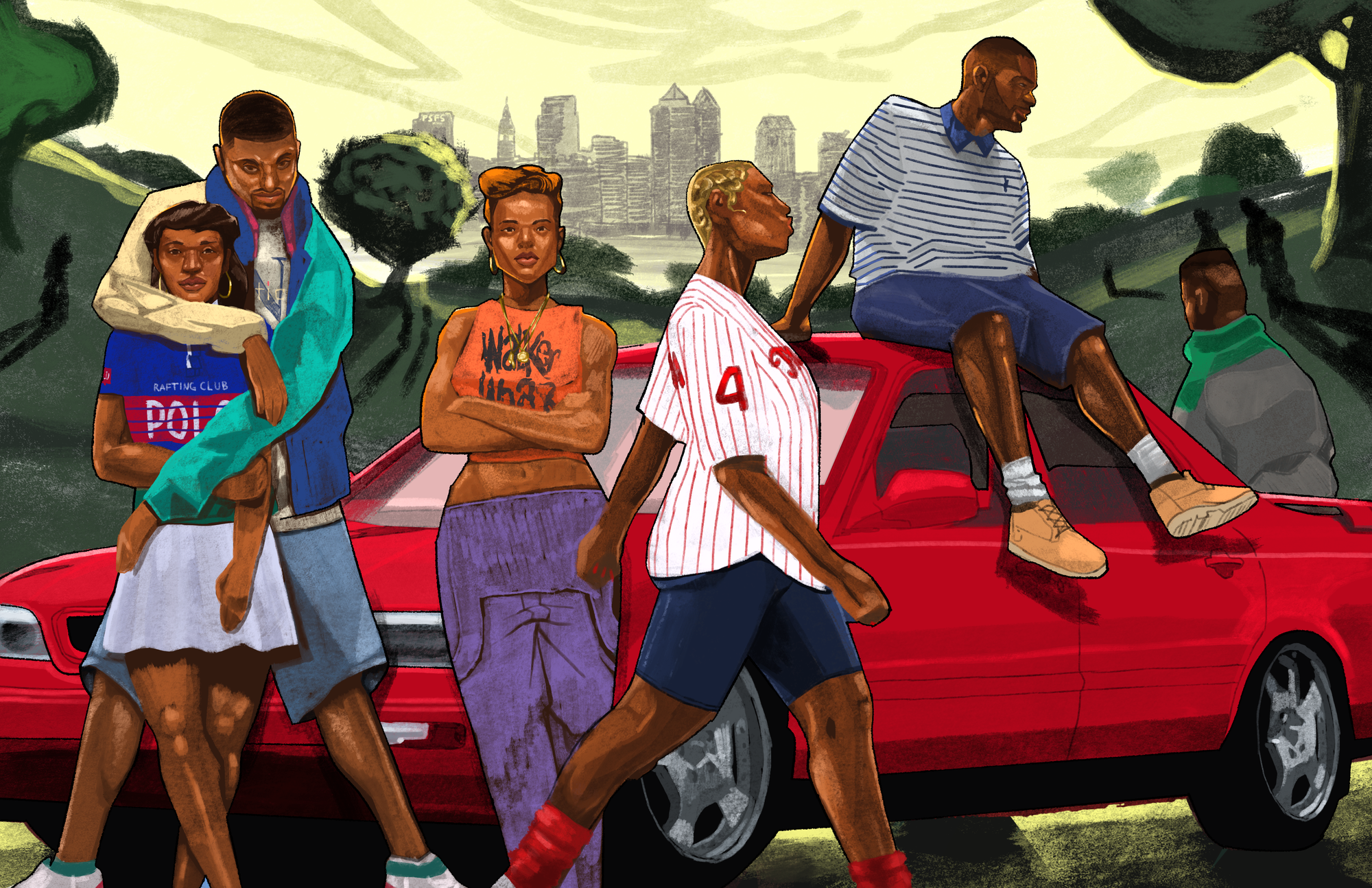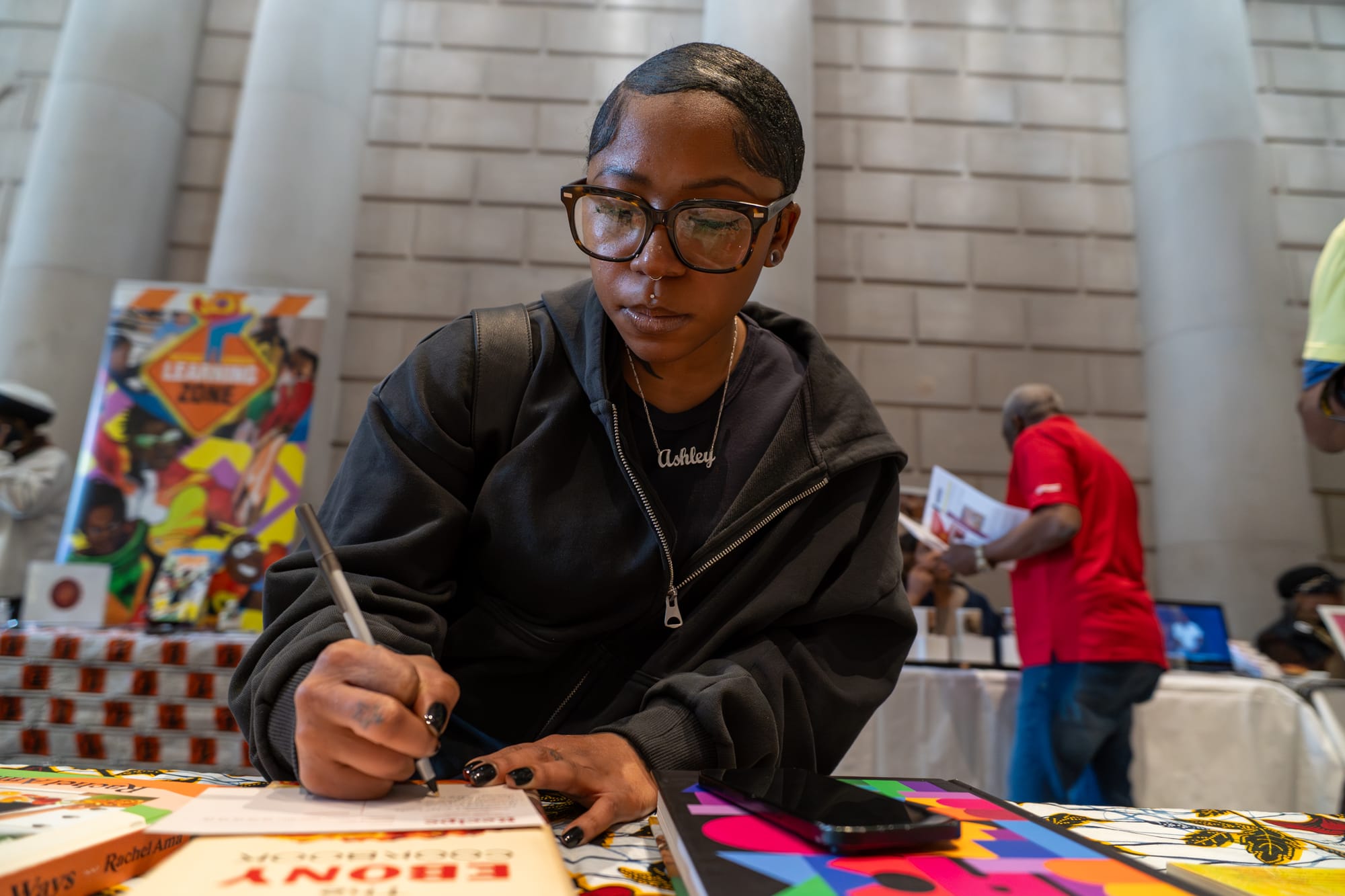Narrating Our Legacy: The Importance of Storytelling in Black Culture
Storytelling holds an irreplaceable place in Black culture, serving as a vital means of preserving history, ancestry, and heritage.
Op-Ed By Ayana Tyler Hardaway, Ph.D
Storytelling holds an irreplaceable place in Black culture, serving as a vital means of preserving history, ancestry, and heritage. As a Black woman and scholar, I understand deeply the transformative power of narratives in shaping identities, transmitting knowledge, and sustaining cultural practices. Storytelling has long been the cornerstone of our community’s resilience, acting as both a repository of memory and a mode of resistance to historical erasure.
From the onset of the Maafa (Transatlantic slave trade), Black people endured efforts to sever our African roots and dehumanize us. Forced displacement threatened to erase our presence, culture, and traditions. Yet, storytelling remained a powerful tool for preserving our identity.
This oral tradition persisted through the trauma of slavery, segregation, and colonization. Elders, ancestors, and community leaders passed down stories of survival, struggle, and triumph, embedding them into the cultural fabric of the Black community.
Storytelling, for us, is an act of preservation. Through our stories, we honor the lives of those who came before us, recognizing their struggles, sacrifices, and victories. These narratives allow us to engage with our history in ways that textbooks and archives often fail to capture. They humanize the past, making it tangible and accessible, especially in the face of historical distortions that have sought to silence our voices. Stories preserve not only events but the emotions, lived experiences, and spirit of the people who lived through them.
In Black culture, stories are the vessels of our ancestors' wisdom. They carry lessons about survival, dignity, and the power of community. Whether it is a tale passed down through generations or the personal narratives of those who survived enslavement, these stories weave a tapestry of collective knowledge. The oral traditions of griots in West Africa, for example, were not simply entertaining but served as the historians and educators of the community. They carried the responsibility of maintaining the knowledge of kings, the lineage of families, and the values of society. Even in the diaspora, these traditions adapted and evolved, still serving the purpose of connecting individuals to a larger shared identity.
Moreover, storytelling is vital to Black cultural identity because it fosters a sense of belonging. In a world that has often viewed Blackness through a lens of deficiency or inferiority, storytelling allows us to define ourselves. We assert our narratives instead of allowing others to impose theirs. We speak of our ancestors who fought not only against external oppression but against the internal forces that sought to diminish their humanity. Through our stories, we affirm that our history is worth telling and that it is essential for our future generations to know that their roots run deep and their ancestors were (and are) not just survivors but warriors, thinkers, and creators.
The role of storytelling in Black culture also extends beyond the preservation of the past—it is an act of healing. Trauma, especially generational trauma, has shaped much of the Black experience. For many of us, storytelling has been a means of reclaiming power over a painful history. Speaking our truth, sharing our experiences, and weaving our narratives into the broader cultural tapestry help to heal wounds that have been ignored or misunderstood.
As a scholar, I am also acutely aware of the importance of storytelling in academia. While traditional historical narratives often exclude or oversimplify the Black experience, storytelling allows us to fill in those gaps. Theories and models that fail to account for the nuances of Black life are enriched and deepened when we center the stories of Black people.
It is through storytelling that we challenge dominant narratives, creating space for new frameworks that reflect the lived realities of our communities. By elevating our stories, we make room for a more inclusive and accurate understanding of history that is often left out of conventional discourse.
Storytelling is an essential mechanism by which Black people preserve and transmit our history, ancestry, and heritage. It is a tool of resistance, empowerment, and healing, ensuring that our stories are told on our own terms. As we pass our stories down to future generations, we not only keep the legacies of our ancestors alive but also create new narratives for our children, teaching them the importance of their heritage and the power of their voices. Through storytelling, we remain anchored in our history and empowered to shape our future.



